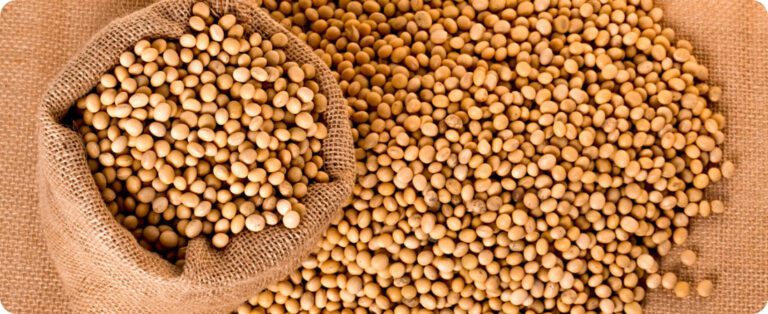
The December palm oil contract closed Tuesday's (26) session up 4.00 points (+0.37%) on the Malaysian Derivatives Exchange (MDEX), quoted at US$ 1,086.25 per tonne. The January contract registered an increase of 6.50 points (+0.61%), closing at US$ 1,074.75 per tonne.
The prices of commodity had their second consecutive trading session of growth. The movement was driven by the strengthening of the soy oil on the Chicago Board of Trade (CBOT). In the session, soybean oil registered a significant growth of 3.07%.
Influence of oil and climate in India
The appreciation of oil also contributed to the rise in palm oil, highlighting it as a competitive option for biodiesel production.
In addition, above-average temperatures in India during the sowing season affected rapeseed and mustard plantings, local industry officials told Reuters. Farmers switched to more heat-resistant crops, reducing winter crops.
Due to lower domestic production, India is likely to increase imports of cooking oils. For example, some of the major oils include palm oil, soybean oil, and sunflower oil. Therefore, this increase is aimed at meeting the growing demand of the local market.
External factors reinforce competitiveness
In addition, another supporting factor was the depreciation of the Malaysian ringgit by 0.31% against the dollar. As a result, palm oil became more attractive to foreign buyers.
Expectations for the supply and demand report
The market is awaiting the monthly supply and demand data that the Malaysian Palm Oil Board (MPOB) will release on December 10. Experts consider the report crucial in guiding future market trends.
Source: datagro















